Rattling and singing
A birthday (mine), Good Poems (many), plus some new year's resolutions.
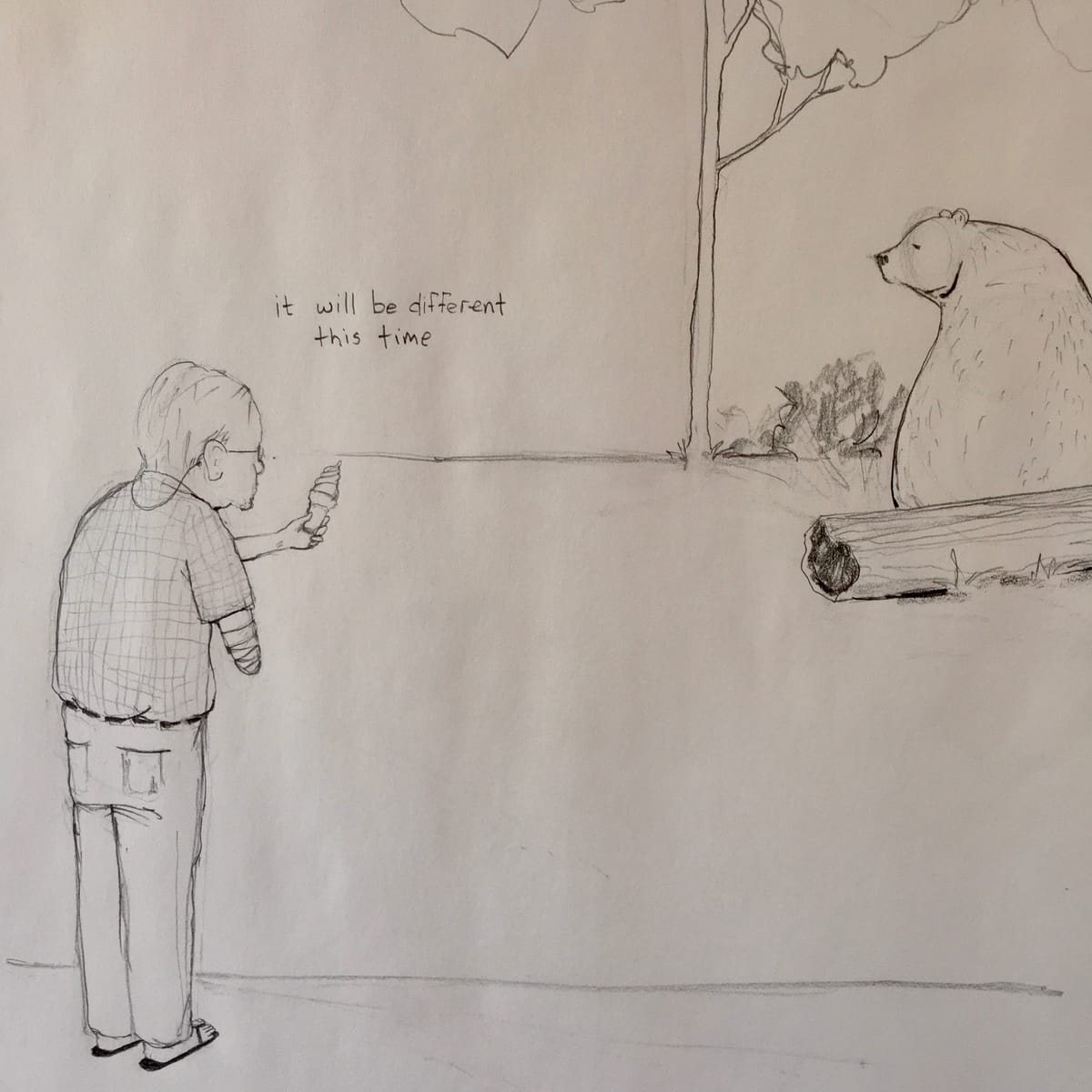
A birthday (mine), Good Poems (many), plus some new year's resolutions.

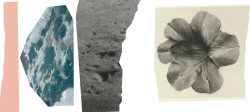
A whole life keeps happening, even when I struggle to sit down and write about it. But it's here, it's mine. I'm trying to make it a good one. Also a poem by Gaby Calvocoressi. It's perfect.
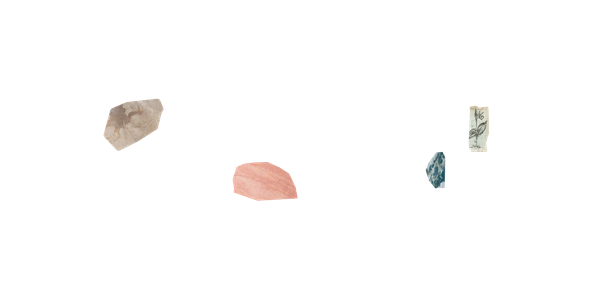
We lost two too many this week, at least. I want to tell you about my friend. Then a poem by Andrea Gibson.
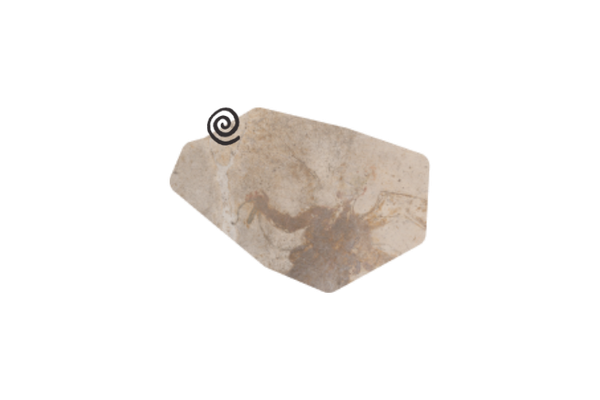
What are we doing? Embracing each other as we are? Holding onto each other for dear life? The answer is yes.
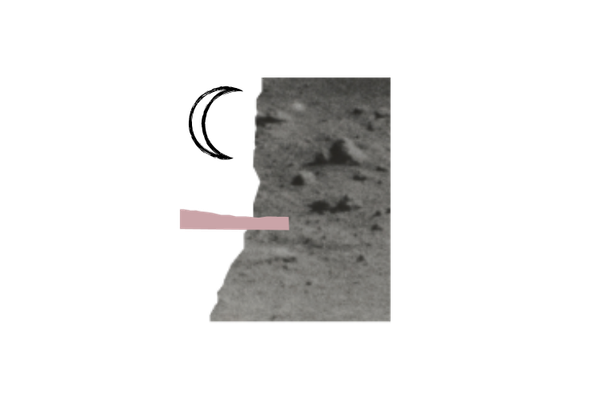
We now conclude this brief mental break with a word from/for our friends and body.